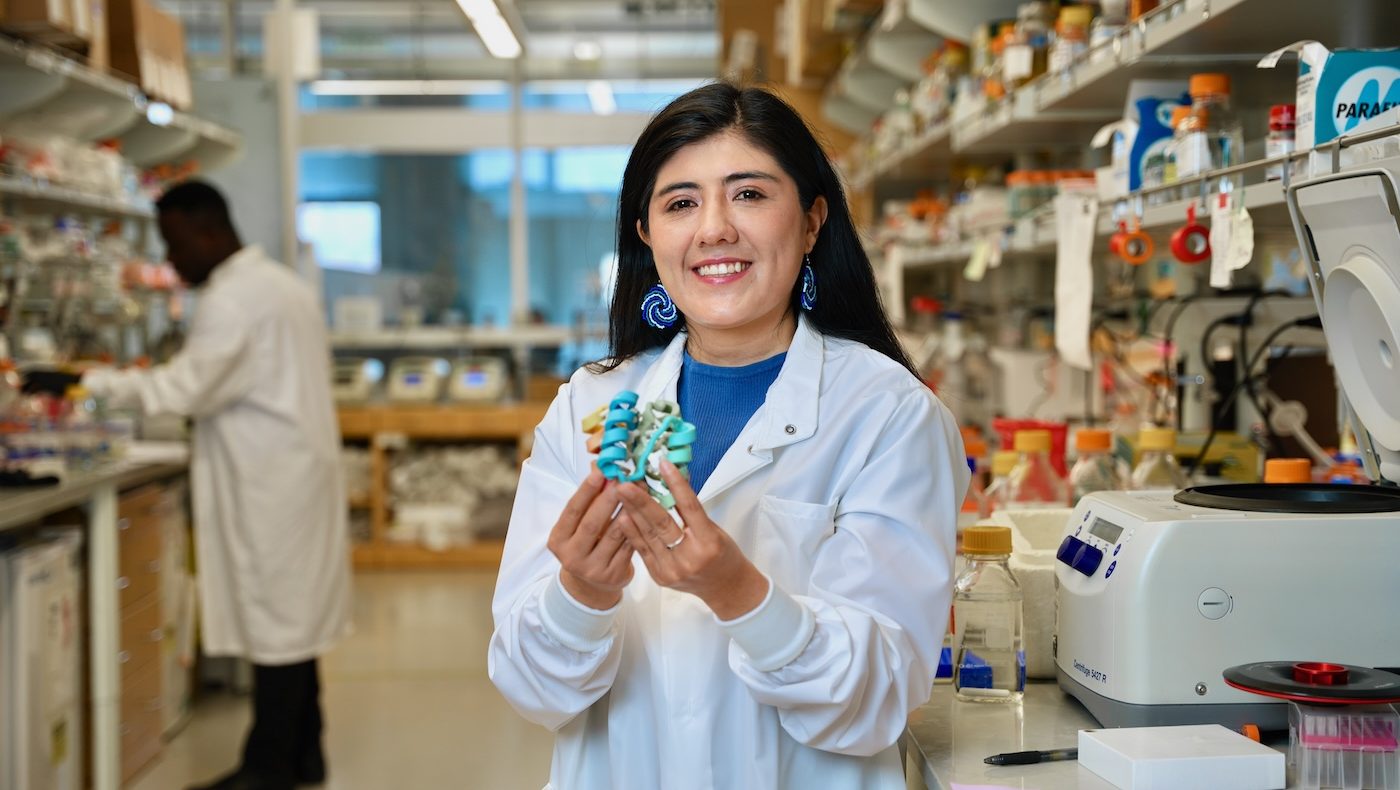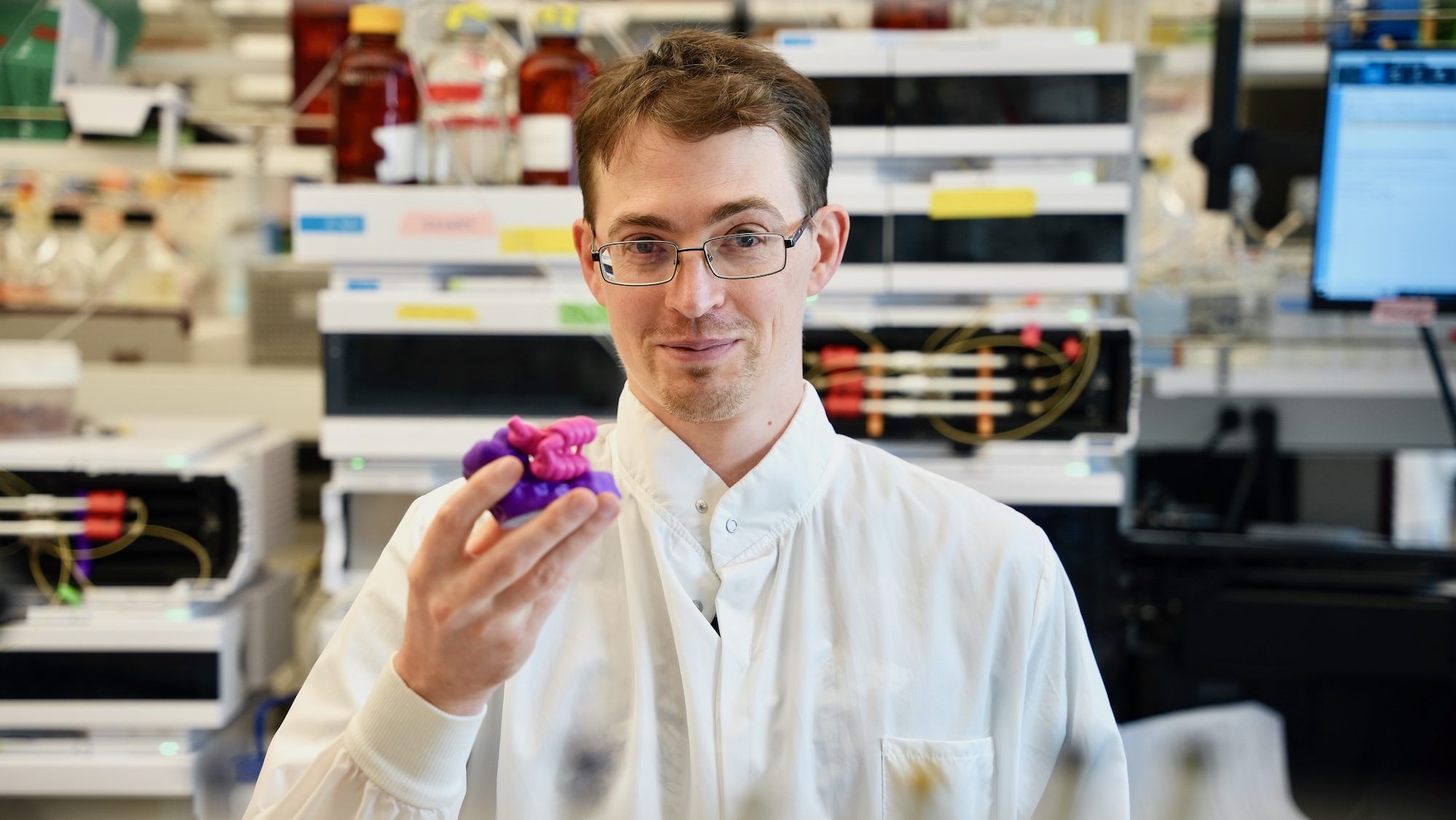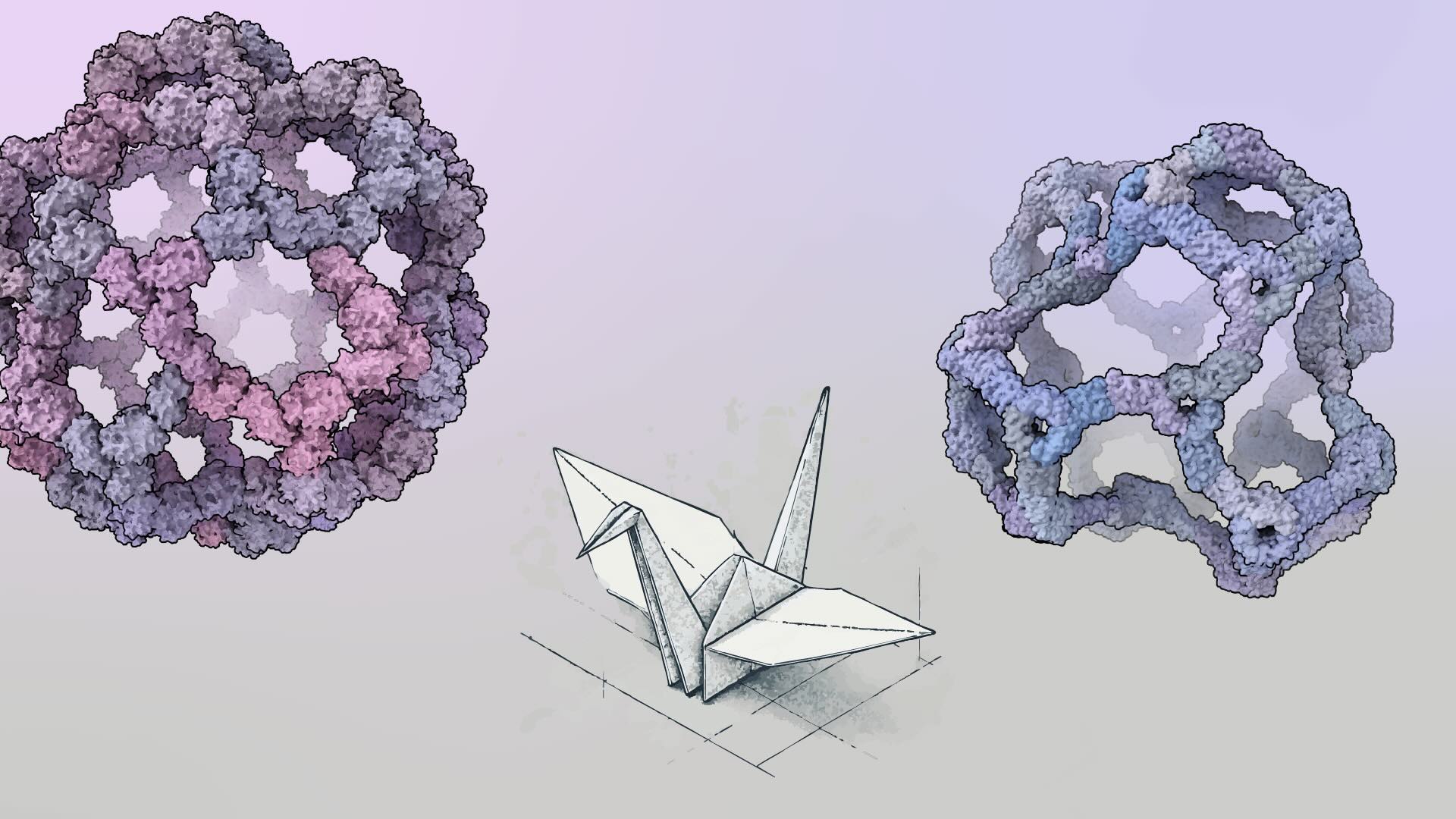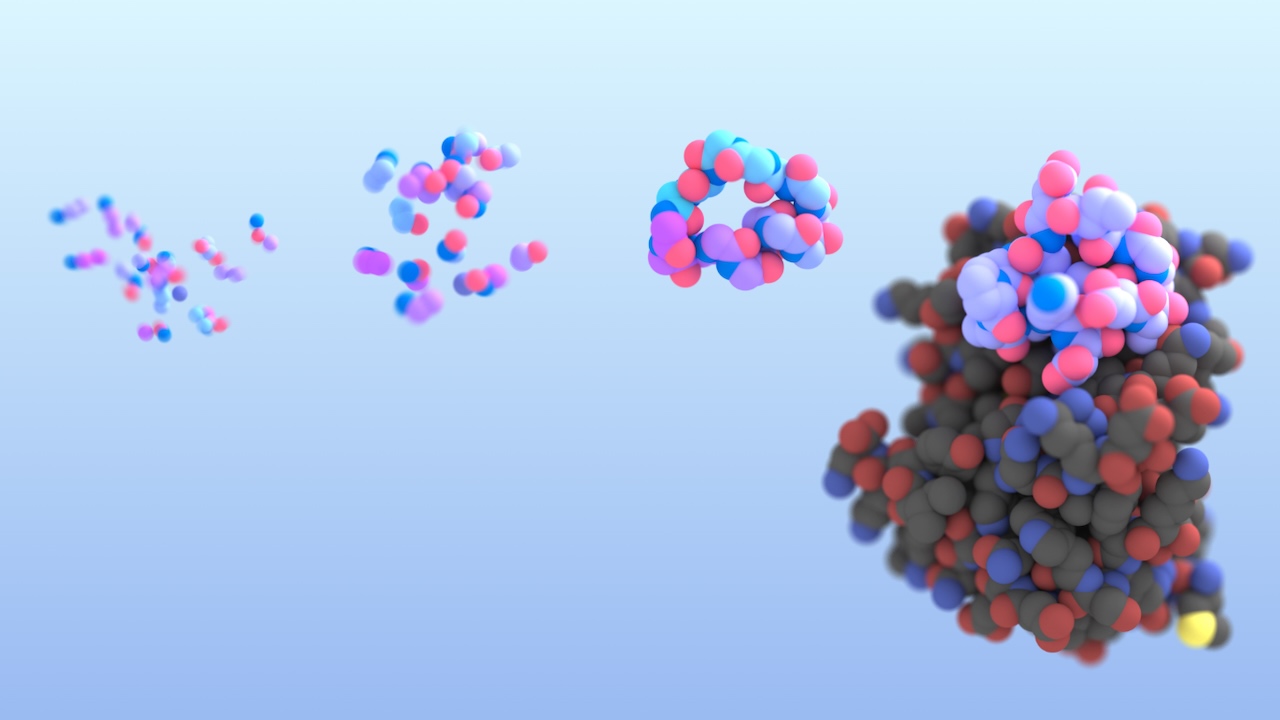The White House announced this week that the Institute for Protein Design will be among the first organizations awarded access to the National AI Research Resource (NAIRR). This program aims to democratize advanced AI research by providing academics with large-scale computing resources.
“Computational biologists have never had a way to get access to [computing] at this level,” said IPD director David Baker, PhD, in an interview with Science. “It’s hard for academics to keep up with industry.”
Rohith Krishna, a Baker Lab graduate student, attended the May 6 White House event where all 35 initial NAIRR pilot projects were announced. These projects span from modeling the geological effects of climate change to developing AI systems that can proactively identify deepfakes.
“NAIRR support will allow us to develop the next generation of protein structure prediction and design algorithms which will have applications in human health and sustainability,” explains Krishna, who presented a brief overview of this work at the White House.
NAIRR was created as part of President Joe Biden’s October 2023 executive order on AI. He directed the the National Science Foundation (NSF) to lead the program which draws resources, at least initially, from supercomputing facilities supported by NSF and the Department of Energy. Our pilot project, Advanced Training for Protein Diffusion, Binder Prediction, and Antibody Design, will be supported until October 2024 by the Texas Advanced Computing Center at The University of Texas at Austin.
With NAIRR support, our scientists are poised to make even greater strides at the intersection of AI and protein science. We intend to continue our traditions of responsible and open science, having hosted the world’s first AI safety summit in our field and having released our most powerful AI systems for protein modeling and design as free and open tools that all scientists may use.
The organizations receiving pilot NAIRR support span 17 states and will include national research centers, the Mayo Clinic, and over 20 universities. The University of Washington was issued three pilot awards, more than any other organization.
About the Institute for Protein Design
Located at one of the largest and most innovative public universities, the Institute for Protein Design at the University of Washington School of Medicine is a world-renowned center for computational biology. Our mission is to develop advanced tools for protein science and use them to solve modern challenges in medicine, technology, and sustainability. Our researchers are pioneering AI tools for a wide range of applications, including drug discovery, vaccine design, and materials science.





